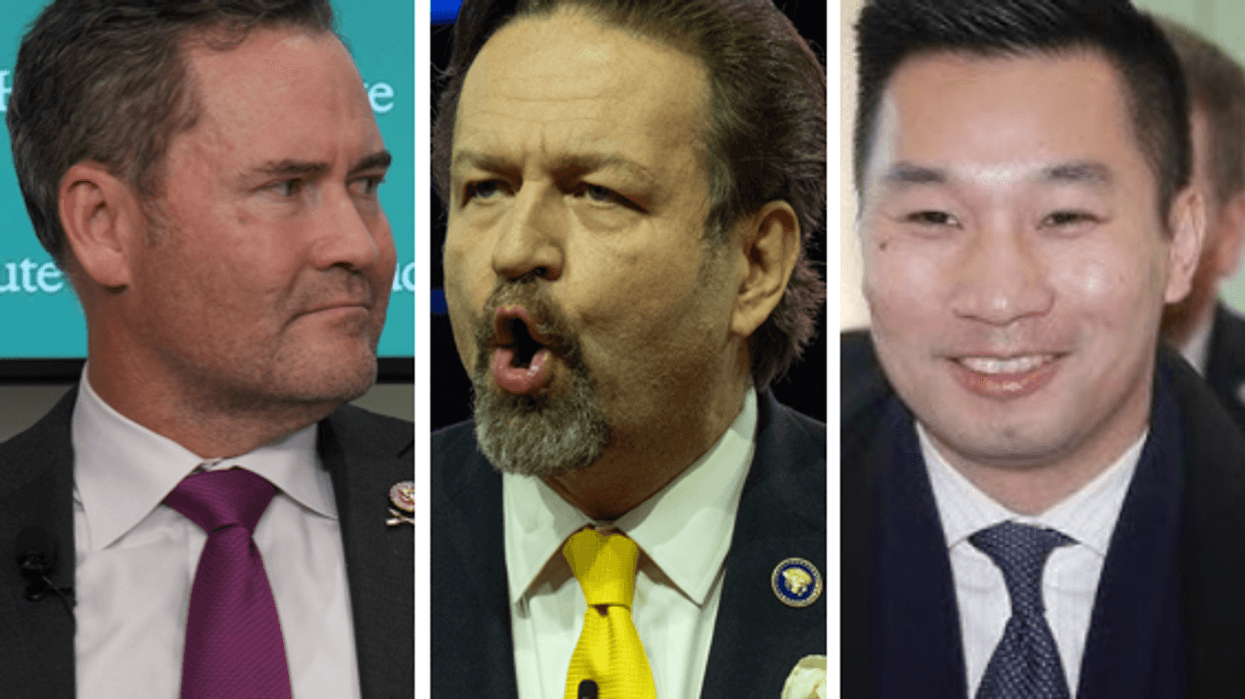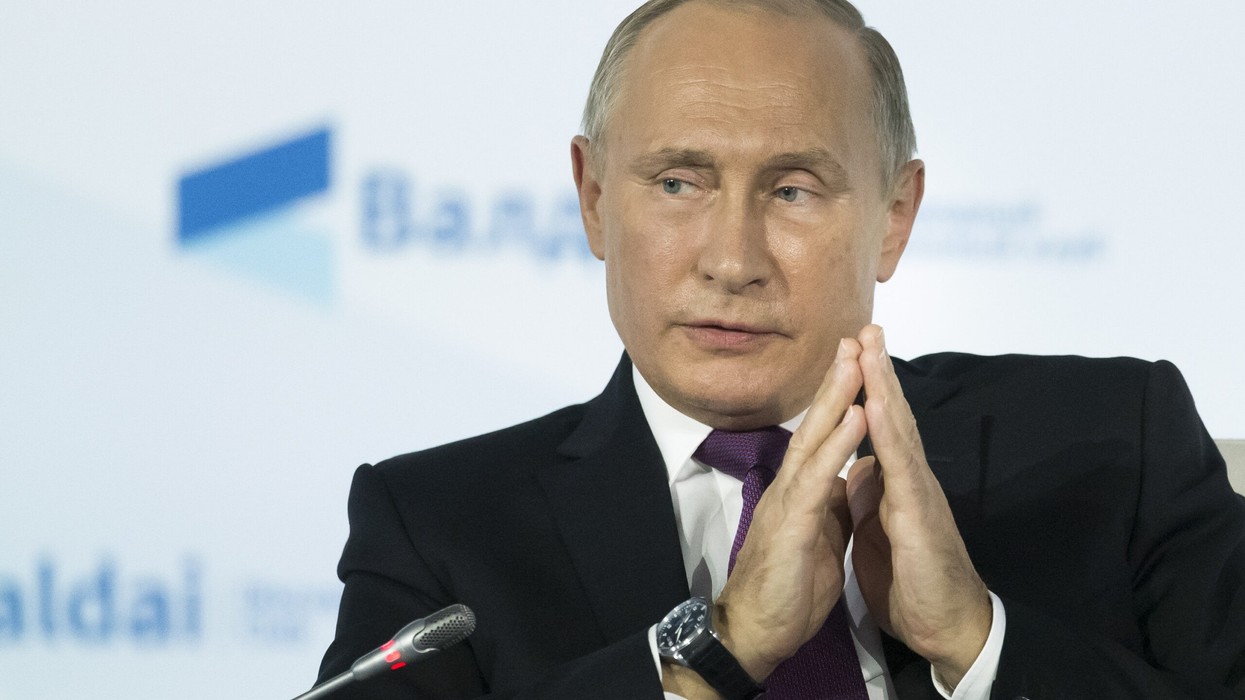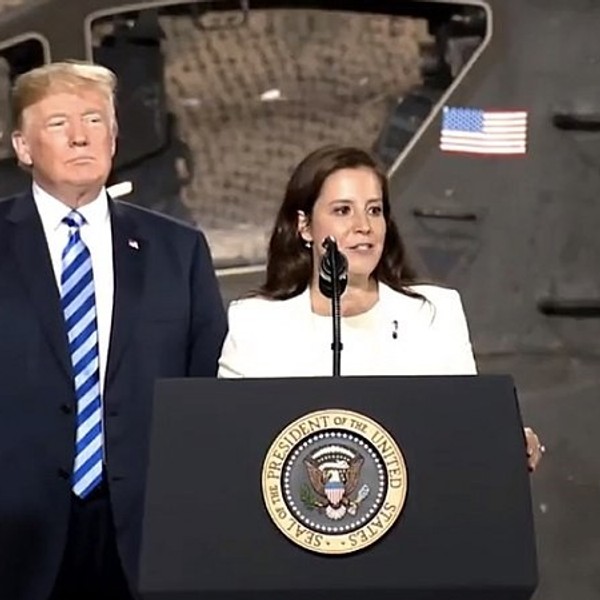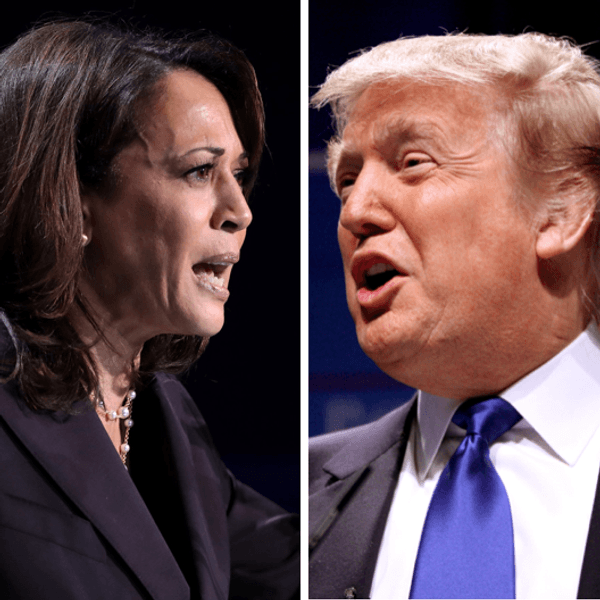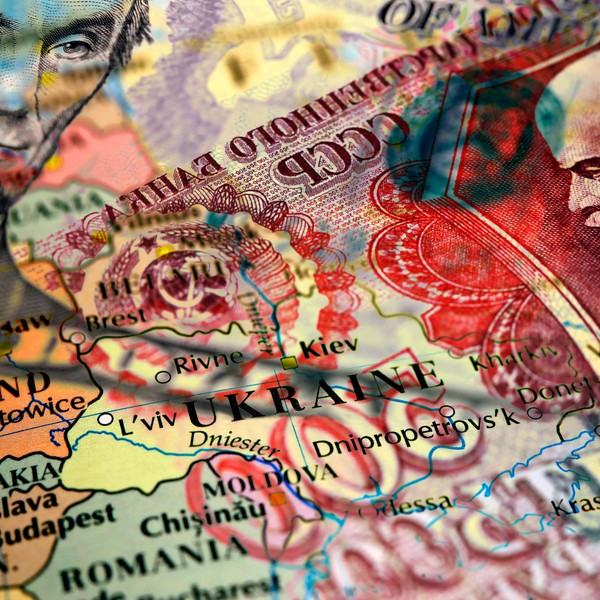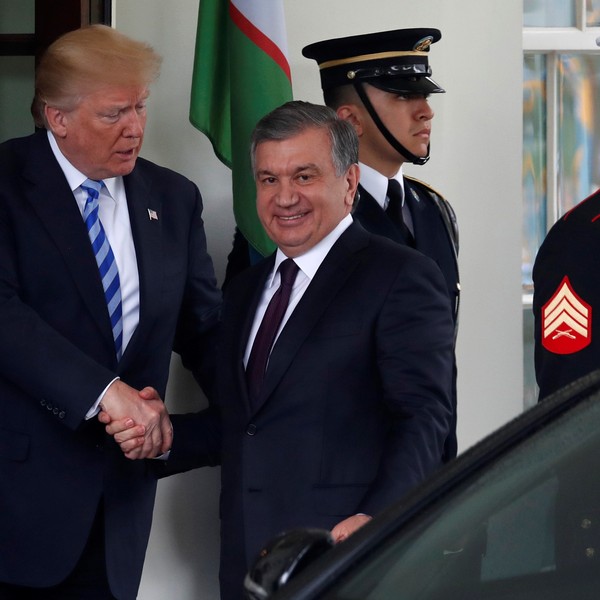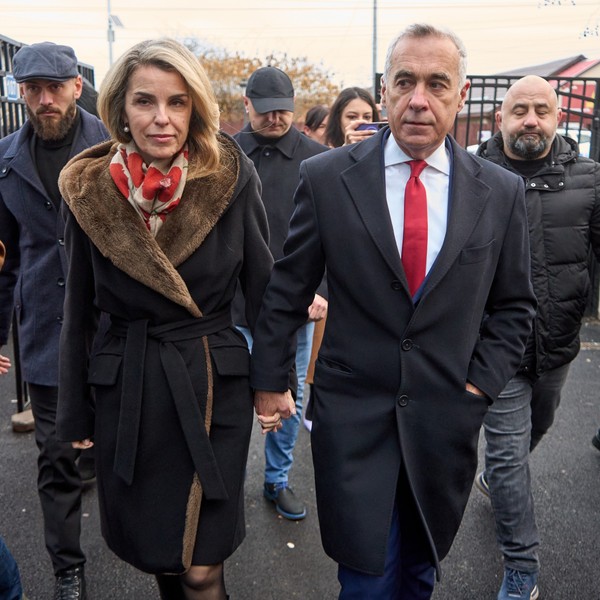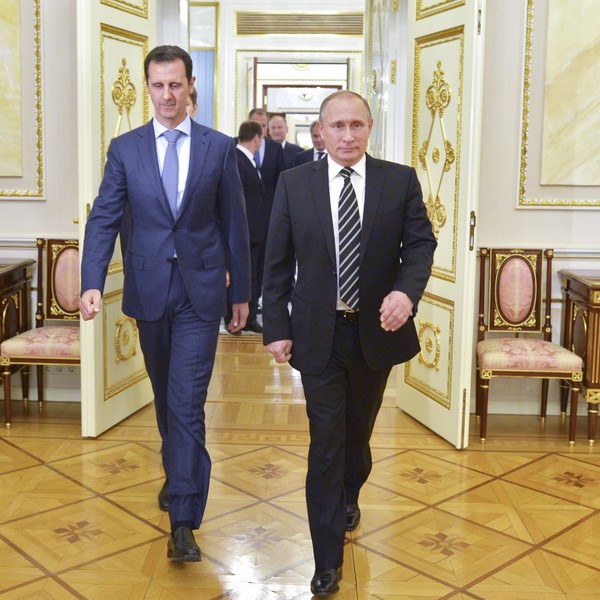China’s possible offer to play a role in achieving a ceasefire in the Russia-Ukraine war, triggered by Moscow’s invasion last week, is to be cautiously welcomed. Taken together with the shifts in Chinese tone on Ukraine in recent days, it may provide the United States with an opening to start mending its relationship with Beijing. Washington should explore the possibilities.
Russia and China have been converging for about a decade. As I wrote four years back (and others have written more recently) their partnership is akin to an informal alliance, with deep diplomatic cooperation, joint exercises & patrols, and reported military-to-military interoperability in some arenas. Russia’s moving key divisions from the Chinese border to the Ukrainian theater indicates a possible non-aggression pact between the Eurasian giants. China (along with India and the UAE) also abstained in a UN Security Council vote on a resolution that “deplored” the Russian invasion. On the eve of the recent Olympics, Moscow and Beijing issued a lengthy joint statement that showcased their entente.
Fears had been expressed about China taking advantage of the Ukraine crisis and America’s resultant distraction to raise tensions with Taiwan. There is absolutely no sign of such a provocation however. Of course, some will argue that by abstaining, China has already sided with the aggressor. But international politics is rarely static, and the Chinese position appears to be evolving.
Beijing is unlikely to dump its special relationship with Moscow. It is after all built on deeper structural imperatives of countering what both see as undemocratic U.S. global dominance and what the United States sees as a relentless march of authoritarian power. But China is, in many ways, the senior partner in the entente with Russia. This gives Beijing some leverage.
However, Beijing is unlikely to exercise this leverage through moral appeals or self-righteous lectures from the United States and its European allies. Morality has rarely been the prime driver of foreign policies of autocratic states. But this is also true for most democratic ones, as America’s own horrific abuses during the “global war on terror” and other interventions have shown. Coercive strategies to get China to align on Ukraine also have their limits. The United States will find it difficult to confront Russia and China at the same time if Beijing reacts badly to a punitive approach.
For Beijing to step in as a constructive player, Washington must think in terms of interests. This ought to include some common-sense steps such as stopping the serious erosion of the One-China principle in U.S. policy. Washington could also explore whether Chinese military provocations and U.S. FONOPs in Asia could both be brought down in their frequency and intensity. In return, China could exert pressure on Moscow to limit or start rolling back its invasion, and help in shaping some off-ramps to what is an extremely dangerous situation in Europe.
But the truly low-hanging fruit for cooperation is climate change. The United States has talked a good game on the “existential threat” — Biden’s own words — confronting the planet. Yet, the Administration has shown less than the needed enthusiasm for cooperation with what is the world’s biggest polluter and simultaneously among its green energy leaders. The joint statement with China during the climate conference in Glasgow last year was not terribly ambitious. China does not figure in the Quad’s (U.S.-Australia-Japan-India grouping that has been formed to counter China) plan to include climate change as one of its activities. And President Biden explicitly mentioned climate only twice, briefly, during Tuesday night’s 2022 State of the Union speech. Despite Secretary John Kerry’s efforts, containment seems to have trumped climate action at every turn.
Asia and the Pacific region have many climate vulnerable countries that would benefit if the U.S. and China came up with joint initiatives in areas such as adaptation, resilient infrastructure, and climate security, not to mention enabling greater clean energy financing through working with the multilateral Chinese-led Asian Infrastructure Investment Bank. There’s so much to do if there is the will.
But if Washington’s primary lens is a new crusade to contain Eurasian autocracies (incidentally, by partnering or attempting to partner with more than a few less powerful autocracies), then an opportunity to relax tensions between the world’s two most powerful states would have been lost, and the risks of great power war will only multiply.

